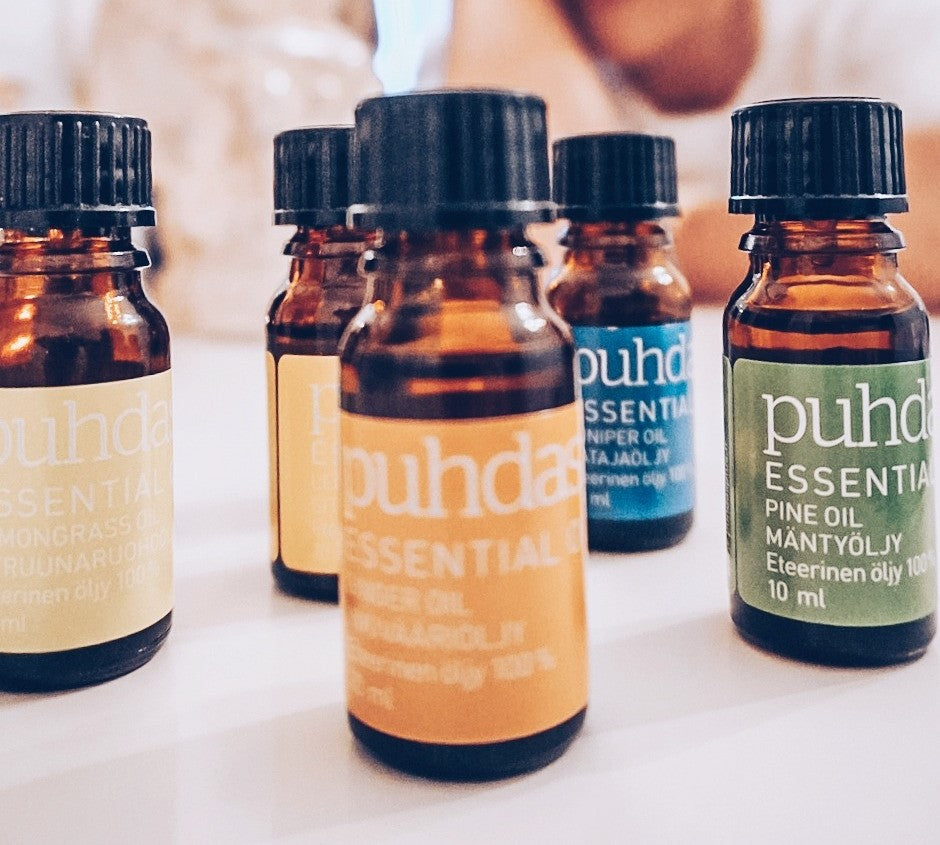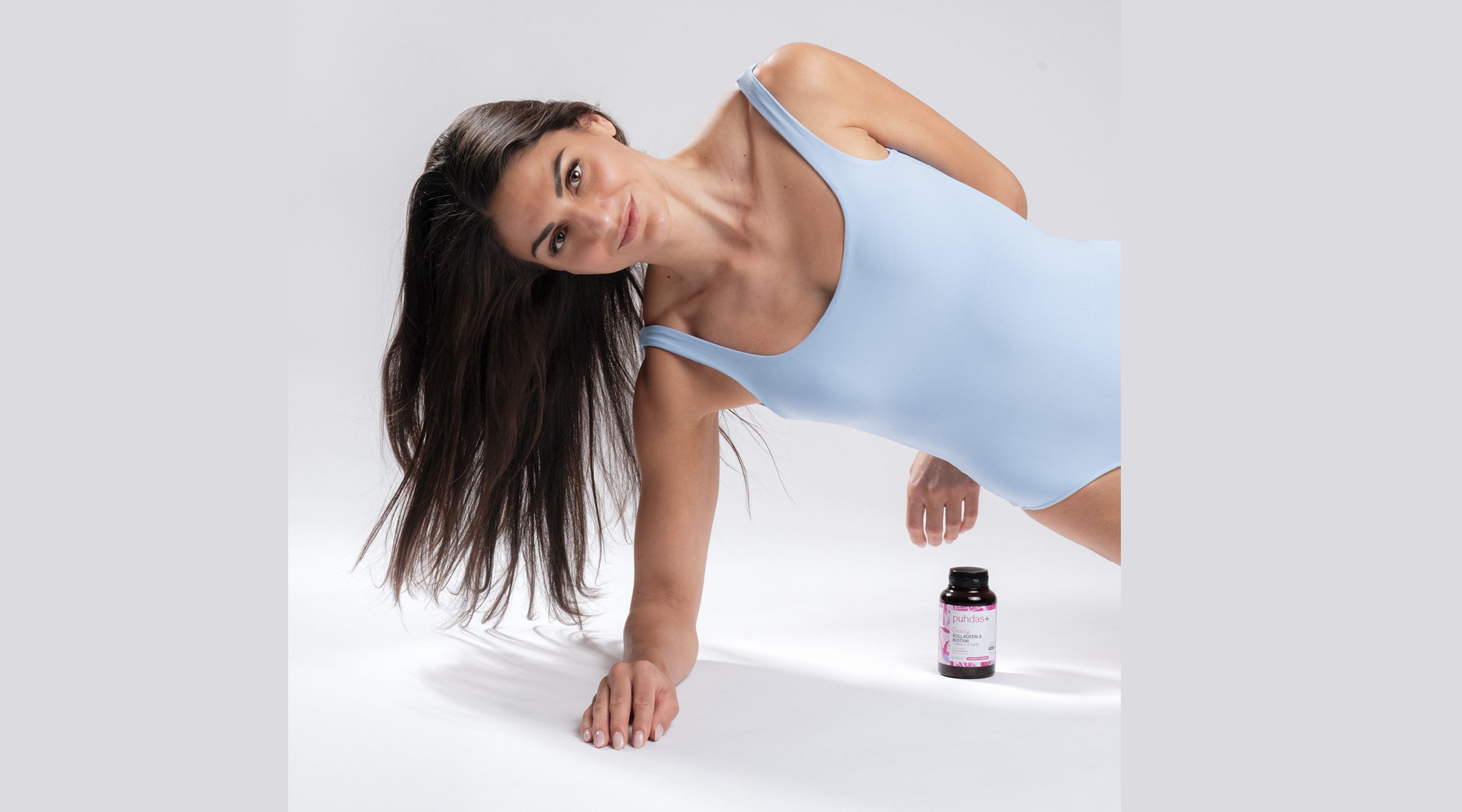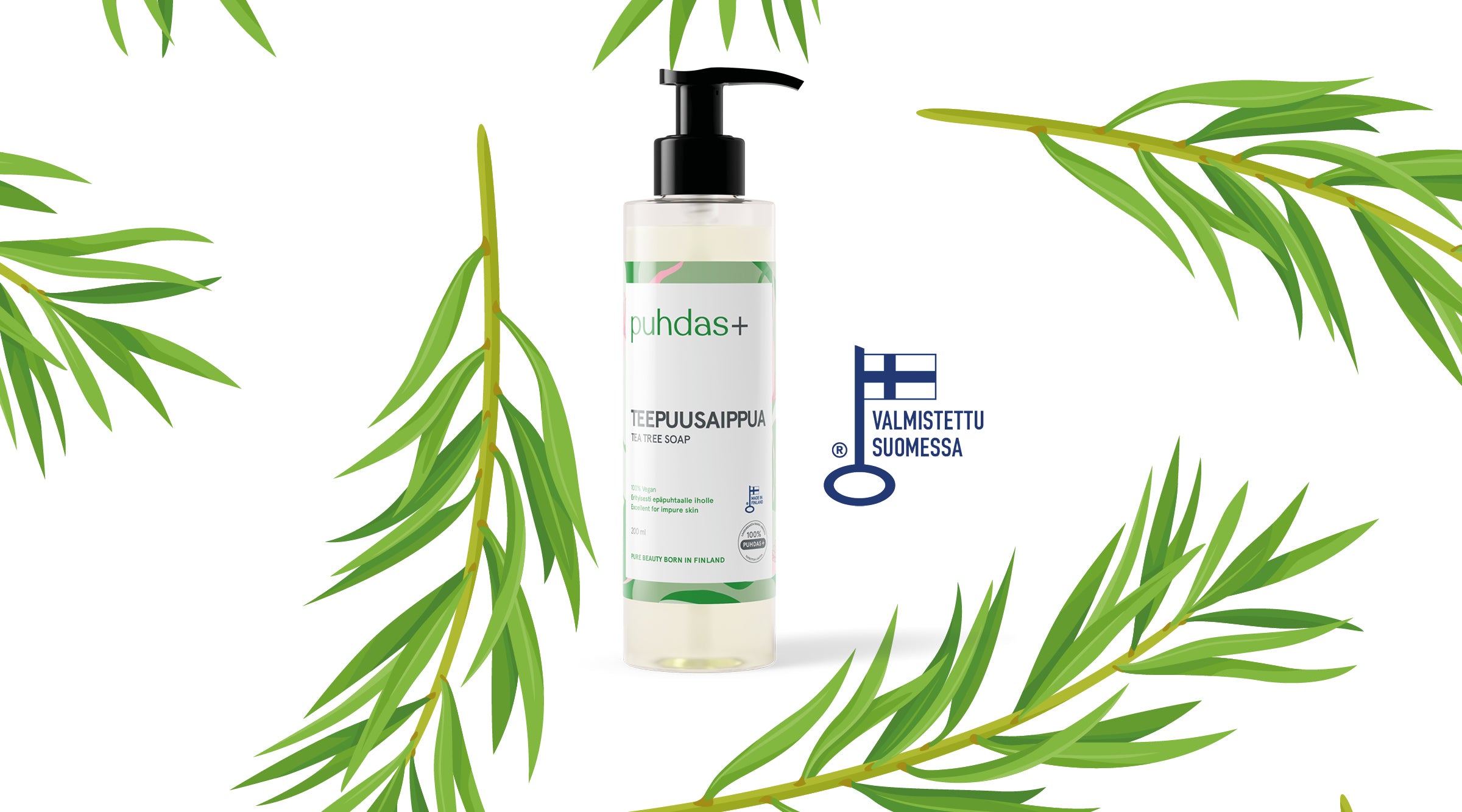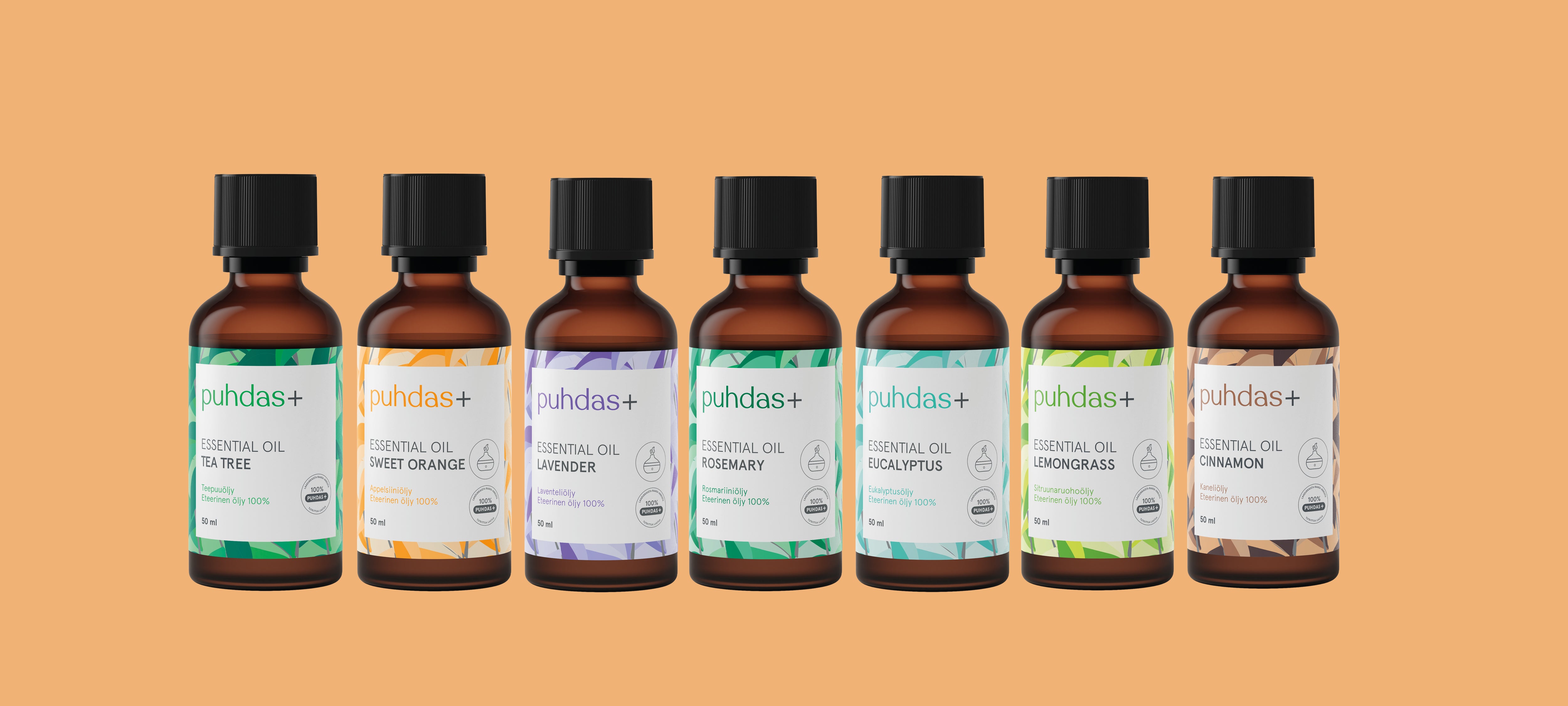The use of room fragrances is a growing trend, and diffusers are popular in more and more Finnish homes. In a previous blog post, we already discussed how important it is to remember the correct dosage and to pay attention to the most sensitive family members when scenting spaces with essential oils. In order to enjoy and benefit from essential oils for as long and safely as possible, you need to know how to not only dose them, but also store them correctly. It is also important to understand the difference between different preparations, such as cold-pressed vegetable oil and essential oil. Differences between different preparations The strength of essential oils is easy to understand when you know how much plant mass was used to produce them. The most common manufacturing method is distillation. In order to produce essential oils, dozens, hundreds and even thousands of times more plant matter is used than the finished product in bottleable form. Essential oils are therefore really strong plant extracts, and they need to be diluted before using them on the skin. The moderate dosage of these wonderful natural scents is also important from an environmental point of view, because a lot of natural resources are used to make them. Cold-pressed vegetable oils, such as almond , argan or jojoba oil , on the other hand, are very mild and suitable for skin care even as such. They are also great base oils for diluting essential oils. Genuine essential oils are often more expensive than synthetic room fragrances. Synthetic fragrances can certainly smell nice, but they have no aromatherapeutic benefit. It's worth being careful and choosing the fragrances you buy carefully. By buying genuine essential oils from reliable companies, you can really take advantage of their aromatherapeutic potential to support your well-being. Storage and shelf life of essential oils Pure essential oils are 100% natural and therefore preservative-free. Like many other natural products, essential oils do not stay fresh forever. By storing them correctly, you can ensure that the high-quality oil remains good and usable for as long as possible. The essential oils available from different plants have different shelf lives. The "best before" label on the bottles always applies to the unopened product, and the shelf life of the essential oil starts from the moment you open the bottle. The most perishable are the essential oils obtained from the peels of citrus fruits such as lemon and sweet orange, as well as needle oils such as pine. Pay attention to the smell of these oils: as it ages, it often becomes pungent and loses its freshness. Stale oil may also cause skin irritation. Needle or citrus oil that has been used for less than a year is already very likely to have seen its best days, while floral and herbal oils can remain good for several years after opening. Although the oil bottles are beautiful to display, you should choose the storage location carefully. Essential oils should be stored at a stable temperature, protected from sunlight and the cap tightly closed. Every time you open the cap of an oil bottle, its contents come into contact with oxygen, and oxygen is the "worst enemy" of preserving essential oils. Making your own laundry vinegar Various essential oils have many other uses in addition to the room fragrance and skin care discussed in the previous post. In recent years, the production of home-made laundry vinegar by using essential oils as its fragrance has become more common. Laundry vinegar is used as a more ecological version of synthetic fabric softener to soften and freshen laundry. Making laundry detergent is easy, fun and affordable! The relaxing scent of lavender is perfect for the vinegar used for bed linen, and the strong eucalyptus and peppermint oils are effective in refreshing even the dullest laundry. Citrus and needle oils, on the other hand, are not recommended for laundry vinegar, because due to their composition, they may embrittle the plastic parts of the washing machine. As a base for laundry vinegar, you should use spirit vinegar to which you add essential oils according to your taste, for example 5-10 drops per deciliter. Always remember to shake the laundry vinegar before use, as the essential oils remain floating on the surface of the vinegar. Have you tried making your own laundry vinegar? Check out the first part of the blog series here And the third part here Renowned aromatherapy trainer Jenna Puumalainen works as a guest writer for Puhdas+ Essential Oils. Jenna works as a naturopath, aromatherapy trainer and chairperson of the board of the aromatherapy association.
The ABCs of Essential Oils, Part 2




